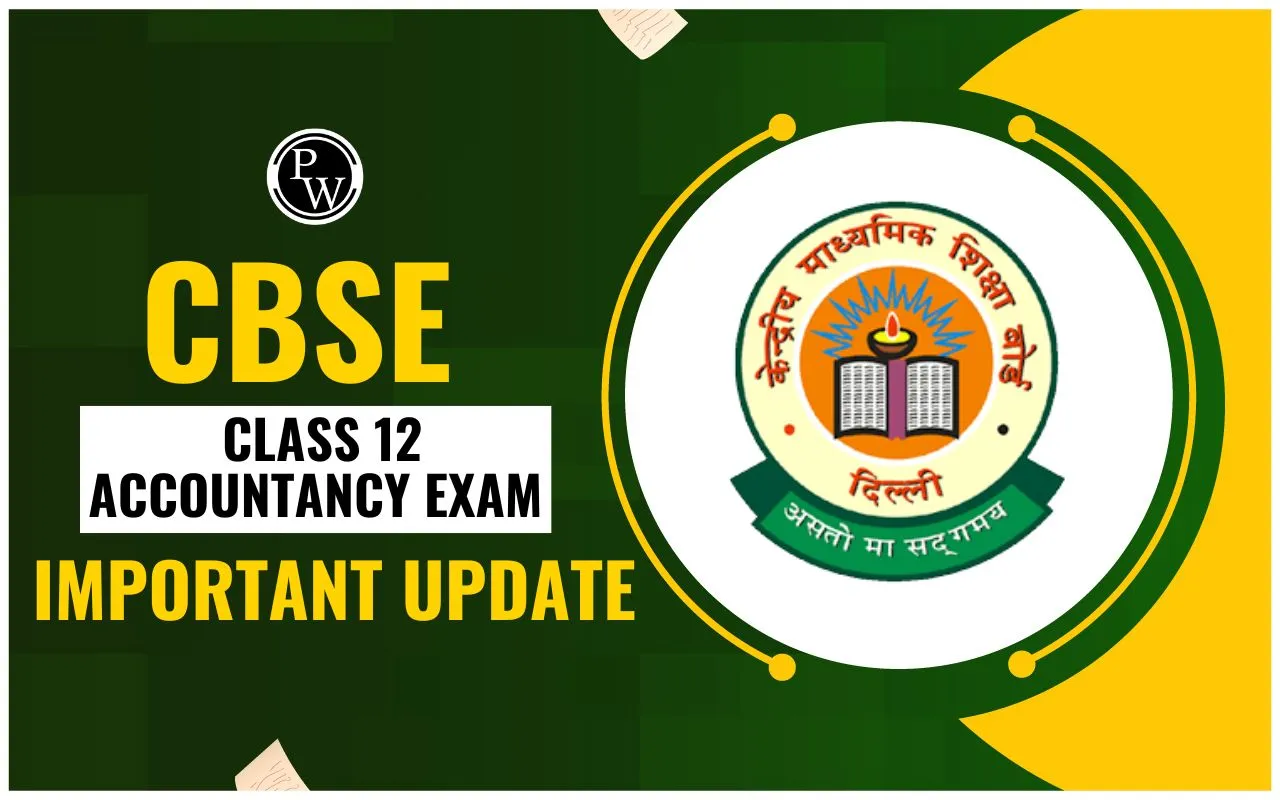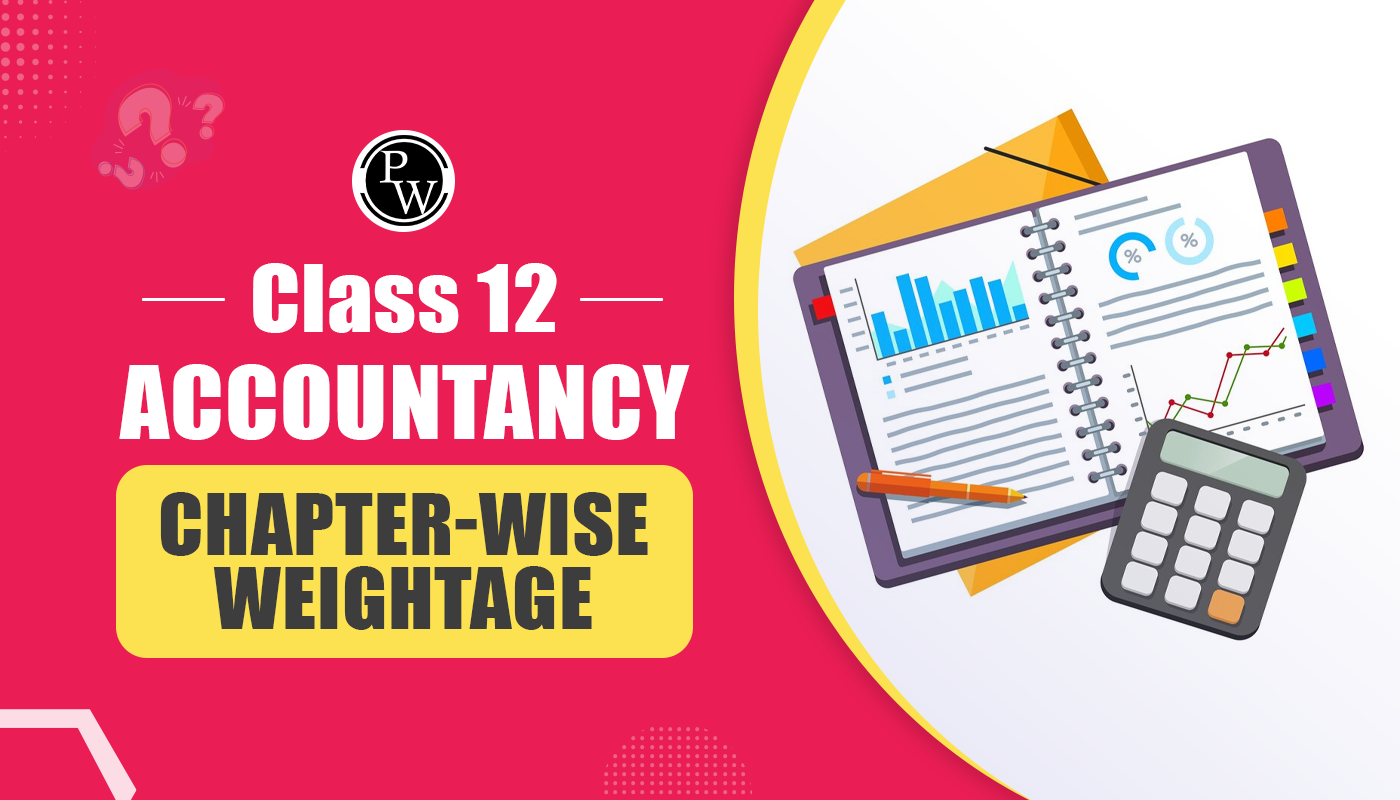
The Full Disclosure Principle proposes that in public company filings, all relevant and necessary information for interpreting a company's financial statements must be released. Financial analysts analysing financial accounts, for example, need to know what inventory valuation technique was used, if any big write-downs occurred, how depreciation is computed, and other critical information for comprehending the financial statements.
It is especially advantageous to creditors and investors. Financial information disclosure aids decision-making. Investors and creditors can find the information in the financial statements or as a remark at the conclusion of the financial statements.
Full Disclosure Principle Definition
The Full Disclosure Principle, an essential concept in accounting and financial reporting, mandates the comprehensive and transparent presentation of all relevant financial information pertaining to an entity's economic activities. This principle rests on the premise that stakeholders, including investors, creditors, and other interested parties, should be furnished with a complete and accurate portrayal of an organisation's financial position, performance, and cash flows.
Components of Full Disclosure Principle
The Full Disclosure Principle encompasses several essential components that collectively ensure a comprehensive and transparent representation of an entity's financial information. These components facilitate informed decision-making by stakeholders and enhance the credibility of financial reporting. Here are the components:
Financial Statements: These present the core financial information of the company, including the balance sheet, income statement, and cash flow statement.
Footnotes: Extra explanations and details that are added to the financial statements to provide more context and clarity.
Supplementary Information: Additional data that supports and expands upon the information in the financial statements.
Management Discussion and Analysis (MD&A): A section where the company's management explains and interprets the financial results and gives insights into future plans.
Segment Reporting: Reporting financial information about different parts or segments of the company, if applicable.
Contingencies: Disclosures about potential uncertainties that could affect the company's financial situation.
Related Party Transactions: Information about financial dealings with people or entities related to the company.
Changes in Accounting Policies: Explanation of any changes in how the company accounts for different things.
Non-Financial Disclosures: Information about environmental, social, and governance (ESG) matters that could impact the company's financial performance.
Full Disclosure Principle Benefits
The Full Disclosure Principle offers many significant benefits that uphold the integrity of financial reporting and enhance the transparency of an entity's financial affairs. Here are the benefits:
Informed Decision-Making: By providing all the necessary information, stakeholders can make well-informed choices about investing, lending money, or other dealings with the company.
Transparency: The principle ensures that nothing is hidden, making the company's financial situation clear and easy to understand.
Credibility: When financial reports are open and honest, it builds trust among investors, creditors, and others who rely on the information.
Comparability: Clear disclosures allow people to compare different companies' financial performance more accurately.
Legal and Regulatory Compliance: Following the principle helps companies meet legal requirements and standards for financial reporting.
Accountability: Full disclosure holds companies accountable for their financial actions by making everything visible.
Mitigating Risk: Comprehensive information helps stakeholders identify potential risks and make plans to deal with them.
Investor Confidence: When investors feel confident in the information they get, they're more likely to invest in the company.
Avoiding Misinterpretation: Extra details prevent misunderstandings or misinterpretations of the company's financial situation.
Long-Term Relationships: Transparency in financial reporting builds strong, long-lasting relationships with investors and stakeholders.
Limitations of the Full Disclosure Principle
While the Full Disclosure Principle plays a pivotal role in enhancing the transparency of financial reporting, it is essential to recognize certain limitations inherent to its application. Here are the limitations:
Information Overload: Providing too much detail can overwhelm readers and make it difficult to focus on the most important information.
Complexity: Some financial matters are complex, and explaining them in simple terms can be challenging.
Competitive Disadvantage: Companies might not want to share certain strategic or sensitive information that could benefit competitors.
Lack of Precision: Descriptive language might not provide precise information, leading to misunderstandings.
Subjectivity: Some disclosures involve estimates or opinions, which can vary between different people.
Cost and Time: Creating extra explanations and reports can be costly and time-consuming for companies.
Inconsistent Interpretation: Different users might interpret disclosures differently, leading to confusion.
Omission Bias: Companies might choose not to disclose negative information, which could lead to an incomplete picture.
Legal and Regulatory Constraints: Some information cannot be disclosed due to legal or regulatory restrictions.
Limited Usefulness: Not all users have the same level of financial knowledge, so disclosures might not be useful for everyone.
Full Disclosure Principle- GAAP
GAAP, or Generally Accepted Accounting Principles, constitutes a comprehensive framework of guidelines and conventions dictating the standard financial accounting and reporting practices. These principles ensure consistency, comparability, and accuracy across financial statements, enhancing financial information's transparency and reliability.
Here are the principles included in GAAP:
Entity Concept:
Financial records and transactions should be kept separate for each business entity.
Going Concern Concept:
It's assumed that the company will continue operating for the foreseeable future.
Monetary Unit Principle:
All financial information is recorded in a common currency, usually the local currency.
Periodicity Assumption:
Financial statements are prepared for specific time periods, like months, quarters, or years.
Historical Cost Principle:
When an asset or liability is acquired, its initial cost is recorded.
Principle of Revenue Recognition:
Regardless of when payment is received, revenue is recognised when it is earned and realisable.
Matching Principle:
Expenses are matched with the revenues they helped generate in the same reporting period.
Full Disclosure Principle:
All relevant financial information should be provided to stakeholders in the financial statements.
Consistency Principle:
Companies should use the same accounting methods and principles from one period to another for better comparability.
Materiality Principle:
Only significant information that could impact decisions needs to be included in the financial statements.
Conservatism Principle:
When faced with uncertainty, companies should be cautious and not overstate assets or revenues.
Industry-Specific Guidelines:
Some industries have their own specific accounting rules due to unique characteristics.
Cost-Benefit Constraint:
The cost of providing information should not outweigh its usefulness to users.
Read Related Topics:
Full Disclosure Principle FAQs
Are there industry-specific guidelines within the Full Disclosure Principle?
What is the difference between GAAP and the Full Disclosure Principle?
Can the Full Disclosure Principle lead to information bias?
What are the challenges of implementing the Full Disclosure Principle?
Is the Full Disclosure Principle a legal requirement?










